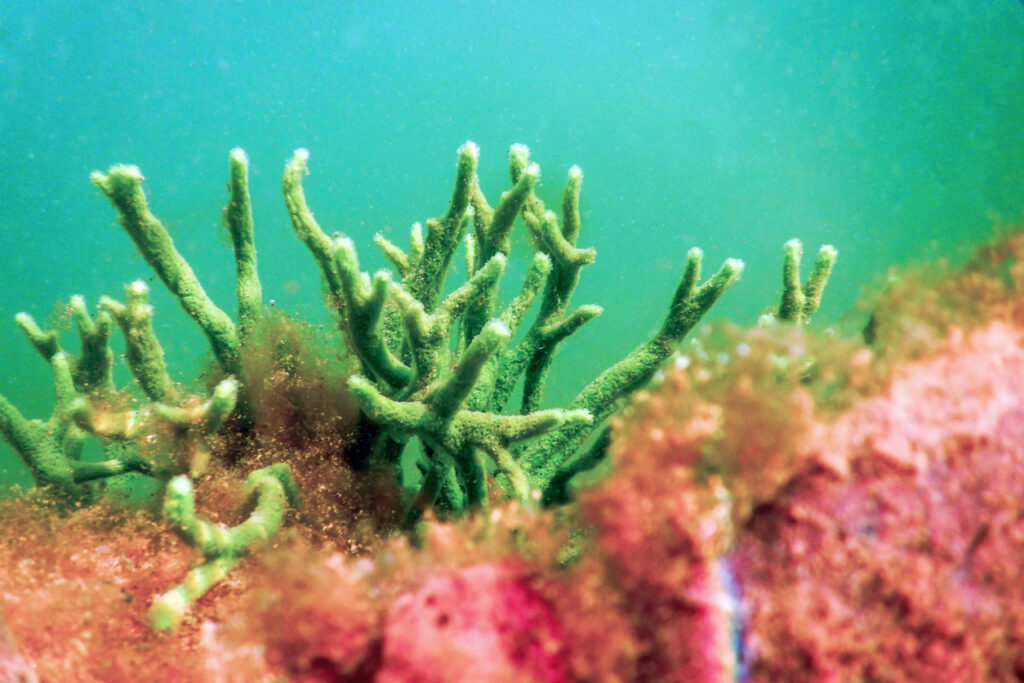Fully 50% of patients are now enrolled in Dermata’s pivotal Phase 3 Spongilla Treatment for Acne Research (STAR-1) study of DMT310, the Company reports.
The STAR-1 study is the first of two Phase 3 studies that, if positive, would be used by the Company to support the filing of a new drug application (NDA) for DMT310 for the treatment of moderate-to-severe acne.
DMT310 is derived from a natural source of Spongilla lacustris, which contains multiple active components to treat a variety of inflammatory skin diseases with once weekly applications. It contains a unique freshwater sponge that is harvested from a select region of the world, under specific environmental conditions to ensure the sponge retains its distinctive anti-inflammatory, anti-microbial and mechanical properties, the Company reports. After processing, the sponge powder contains precisely sized and shaped silica spicules that upon application may help exfoliate the skin, promote collagen production, open closed comedones (creating an aerobic environment to help kill C. acne bacteria) and create microchannels to facilitate penetration of the sponge’s naturally occurring chemical compounds.
More on the DMT310 Phase 3 Clinical Program Design
The DMT310 Phase 3 clinical program will include two Phase 3 clinical trials to evaluate the efficacy, safety, and tolerability of DMT310 in patients with moderate-to-severe facial acne. Each Phase 3 trial will be randomized (2:1), double-blind, and placebo-controlled, enrolling approximately 550 patients with moderate-to-severe acne, ages 9 years and older in the United States and Latin America. The primary endpoints are the mean change from baseline in inflammatory and noninflammatory lesion counts and the Investigator Global Assessment (IGA) treatment response. IGA is measured on a 5-point scale (0-4), with a treatment response defined as at least a 2-point improvement from baseline and an IGA score of 0 (clear) or 1 (almost clear). Patients will be treated once a week for 12 weeks with either DMT310 or placebo and will be evaluated monthly. STAR-1 is the first of two pivotal Phase 3 trials, of which the second Phase 3 study will be followed by a long-term extension study. If positive, the results from the Phase 3 program would be used to support the filing of an NDA with U.S. Food and Drug Administration.


